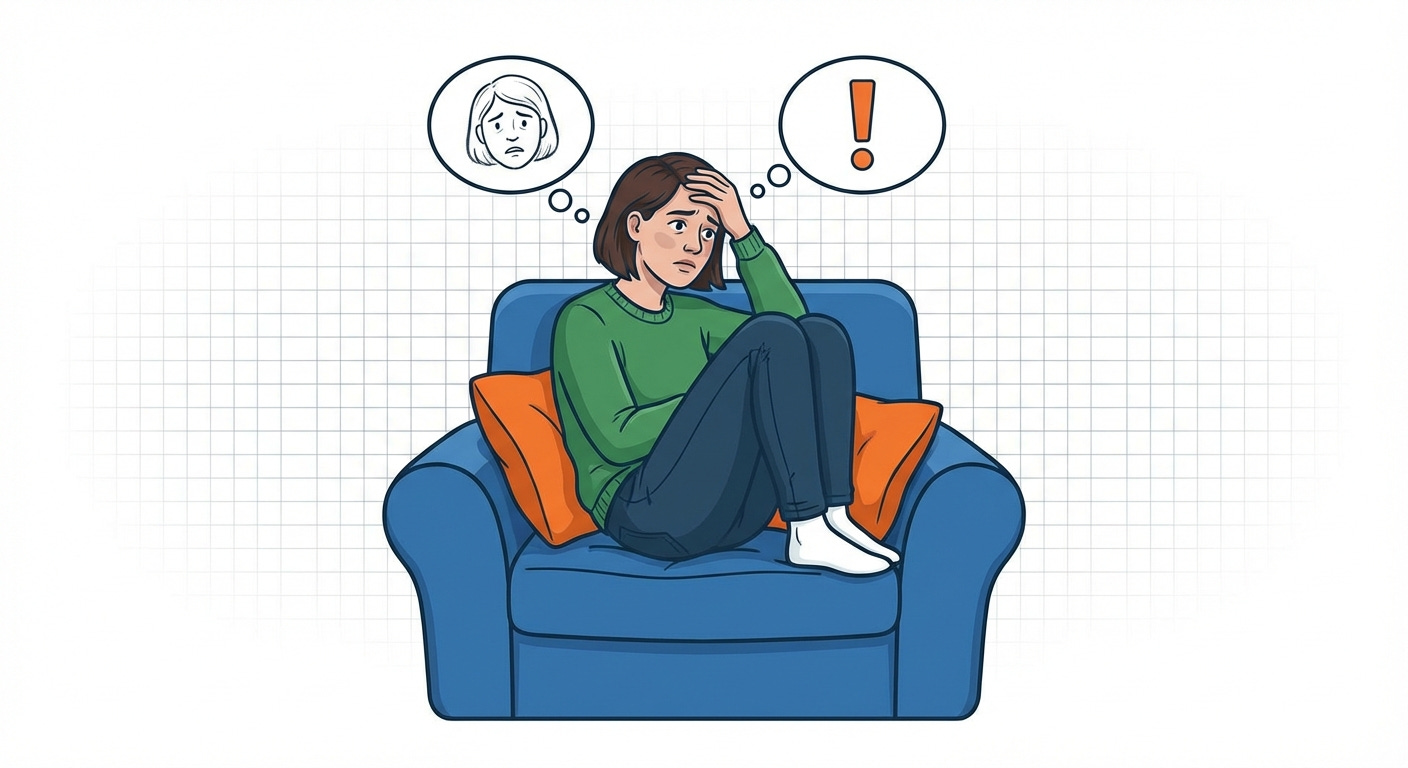High Performers and The Cost of Relentless Self-Critique
If you want to perform at your best, you need to fire your inner critic and hire your inner friend instead.
“I should’ve known better.”
“Agh, that was so stupid of me.”
“That was such a basic thing, how did I miss it?”
“I’m such an idiot, why did I do that??”
“Why can’t I just get it right?”
“Everyone else seems to be doing fine. Why am I so bad at this?”
If you’ve ever said these things to yourself, congratulations: you’re probably someone with high standards. And you’re likely very hard on yourself.
I know I am. And I’ve seen the same pattern in some of the most talented engineers and leaders I’ve worked with. That pattern? A loud inner critic.
The voice that chimes in after every mistake, misstep, or moment of doubt. The relentless commentator who reviews your day and finds everything you could’ve done better. We think it’s part of what makes us good. If we don’t call ourselves out, who will? We can’t let ourselves off the hook, no?
But negative self-talk can only take you so far. It’s not the true essence of what makes a high performer, and here is why.
The perfectionist’s trap
If you’re in Tech, you probably love solving problems. You probably also have a deep perfectionist streak.
We look at the world and notice every inefficiency. We finish a project and immediately focus on what could have been better instead of celebrating what we actually shipped.
We hold ourselves to extremely high standards, and wonder why that’s a problem. Isn’t that what high performers do?
Perfectionism backfires when we don’t meet those standards. Not if but when. Because no one’s perfect, and mistakes are bound to happen.
The perfectionism ↔ negative self-talk vicious cycle
Perfectionism and negative self-talk feed each other.
When you set impossible standards, you're constantly "failing" by your own measure. Every mistake becomes proof you're not good enough. Instead of noticing what went well, you fixate on what went wrong.
That harsh inner voice makes you terrified of messing up, so you over-prepare, over-polish, and second-guess everything. You aim for perfection to silence the inner critic, but it only makes it louder.
Here's the paradox: perfectionism promises protection from criticism, especially your own, but delivers the opposite. The louder the inner critic, the more hesitant, risk-averse, and slower to learn you are. And when things go wrong, that critical voice often turns what could be productive reflection into self-attack.
If being hard on ourselves actually worked, we'd all be knocking it out of the park.
You’d never talk this way to someone you love
If your closest friend made a mistake, would you call them an idiot? Would you say, “Wow, I guess you’re just not made for this. Maybe you should just give up.”?
Of course not. You’d remind them of what they’ve done well. You’d help them zoom out, learn, and try again, no big deal.
So why don’t we offer ourselves the same kindness?
You can still reflect on what went wrong. But blaming yourself isn’t required. There’s a difference between self-awareness and self-attack.
Listen to your inner friend
The good news is that you can quiet the hypercritical voice in your head if you start actively cultivating your “inner friend”.
When my critic says, “This is basic, how did I miss it?”, the inner friend says, “Okay, you missed it. What systems can help you catch it next time?”
When the critic says, “They’re going to find out I have no idea what I’m doing,” the inner friend says, “You bring a valuable perspective, even if you don’t have all the answers.”
Having high standards and being your own friend are not mutually exclusive.
Would love to hear from you. Do you have a loud inner critic? How do you manage it?
Until next time,
Irina
Did you enjoy this article? Hit the ❤️ button or share it with a friend or coworker. 🙏🏻



Honestly, that touched a nerve haha 🥲
I think there’s no harsher critic than myself and I am striven by the “do more, better, faster”. But yes, it’s an overall negative mindset.
One thing that helps here is documenting my journey; failures and successes alike.
Reflecting on the past allows to have a better framing of my current and potential future performance. That’s a way I try to keep things at bay
I give my inner critic a name. A name that doesn't sound particularly pleasant when I pronounce it. "Dilic" (sorry if that's anyone's name! 😳). Then whenever I catch my inner critic going crazy, I say to myself "there's Dilic again!" and it reminds me that I should silence Dilic and keep persevering with more compassionate self talk.